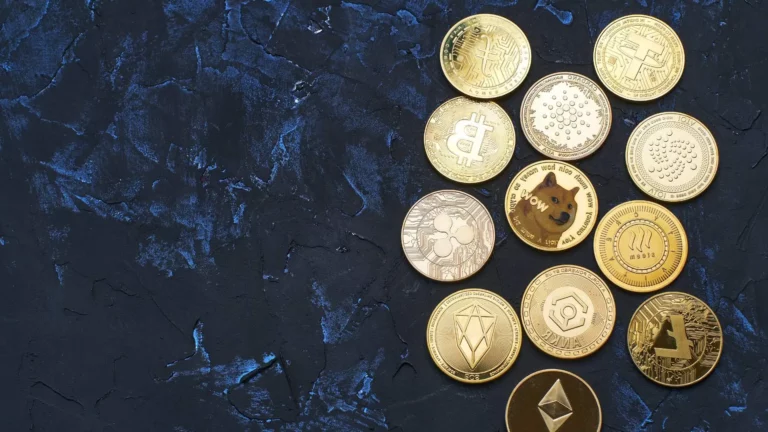Learning to trade cryptocurrency and choosing the right wallet can be puzzling because of the surplus resources everywhere. And if you are just starting — and in case you don’t know — a cryptocurrency wallet is needed for trading cryptocurrency. Moreover, it is crucial to get the right wallet that’s best for your need. However, you are in the right place, as this article will help you make an informed choice.
Much like a traditional wallet, a cryptocurrency wallet holds proof of digital cash instead of dollar bills. It is a digital wallet — it could be an app, a website, or a physical device. They also have the digital signatures that authorize each transaction. In fact, it is a service provided by crypto exchanges that reserve both the public and private keys necessary to purchase cryptocurrency. Just like any password, you should keep the private key safe and secure — it locks your crypto wallet. Needless to say, you cannot spend or trade your cryptocurrency if you forget your private key.
You may also like : A beginner’s guide to opening a brokerage account
I don’t have a crypto wallet. Can I still trade Bitcoin?
No, you cannot. You require a wallet address for digital currency to be transferred to your control. These digital wallets are secure with passwords, encryption, and two-factor authentication. Many exchanges provide or at least suggest crypto wallets that work well with them and your need. Bitcoin wallets widely come in two categories: Hot storage or cold storage wallets. The difference is pretty straightforward: hot wallets are connected to the internet. Cold wallets are not.
Hot storage wallets
They include mobile, desktop, and web wallets. These are directly connected to the internet, just like any phone app, computer software, or internet service. While these services are free, many don’t trust them as they are vulnerable to cyber theft. But you don’t have to worry because a study by Chainalysis published on Thomson Reuters says that: Illicit share of all cryptocurrency activity has fallen and was only 0.34% in 2020. However, this is much like money in your traditional wallet — it should be secured by you, as it might be a target for online thieves.
Desktop wallets are applications that keep cryptocurrency on your computer. In this type of wallet, you need not worry about losing your funds to a third party as you have complete control over the funds. Nevertheless, don’t forget to be secure by keeping the computer free from viruses. Mobile wallets are apps that can be downloaded on your smartphone. Mobile wallets are advantageous for face-to-face payments using QR codes. Once again, you should not lose your phone and protect it from theft. Web wallets can be used on any browser. It can also be used on a mobile browser; however, it does not have the full functionality of a mobile app.
Cold storage wallets
This wallet is a physical encrypted device that can carry Bitcoin and other cryptocurrencies. Cold wallets are relatively expensive because it is a hardware that stores cash offline. Generally, cold wallets are considered to be more secure than hot wallets.
See also about: Dogecoin revolution: All you need to know about the cryptocurrency
But which one should you buy?
A combination of hot wallets and cold wallets is always recommended. Hot wallets could be used for on-the-spot trading or buying. Cold wallets can secure all the cryptocurrency resources. Moreover, you must be watchful. Trading cryptocurrencies are considered to be highly volatile; nevertheless, you can follow an unwritten rule: never trade or own more than what you can afford to lose.
Some popular Bitcoin wallets: Exodus (for beginners), Electrum (for advanced users), Mycelium (for mobile users), Ledger Nano X (Cold storage hardware wallet), Trezor Model T (for a large number of cryptocurrencies), and Ledger Nano S (Cold storage hardware wallet).


























